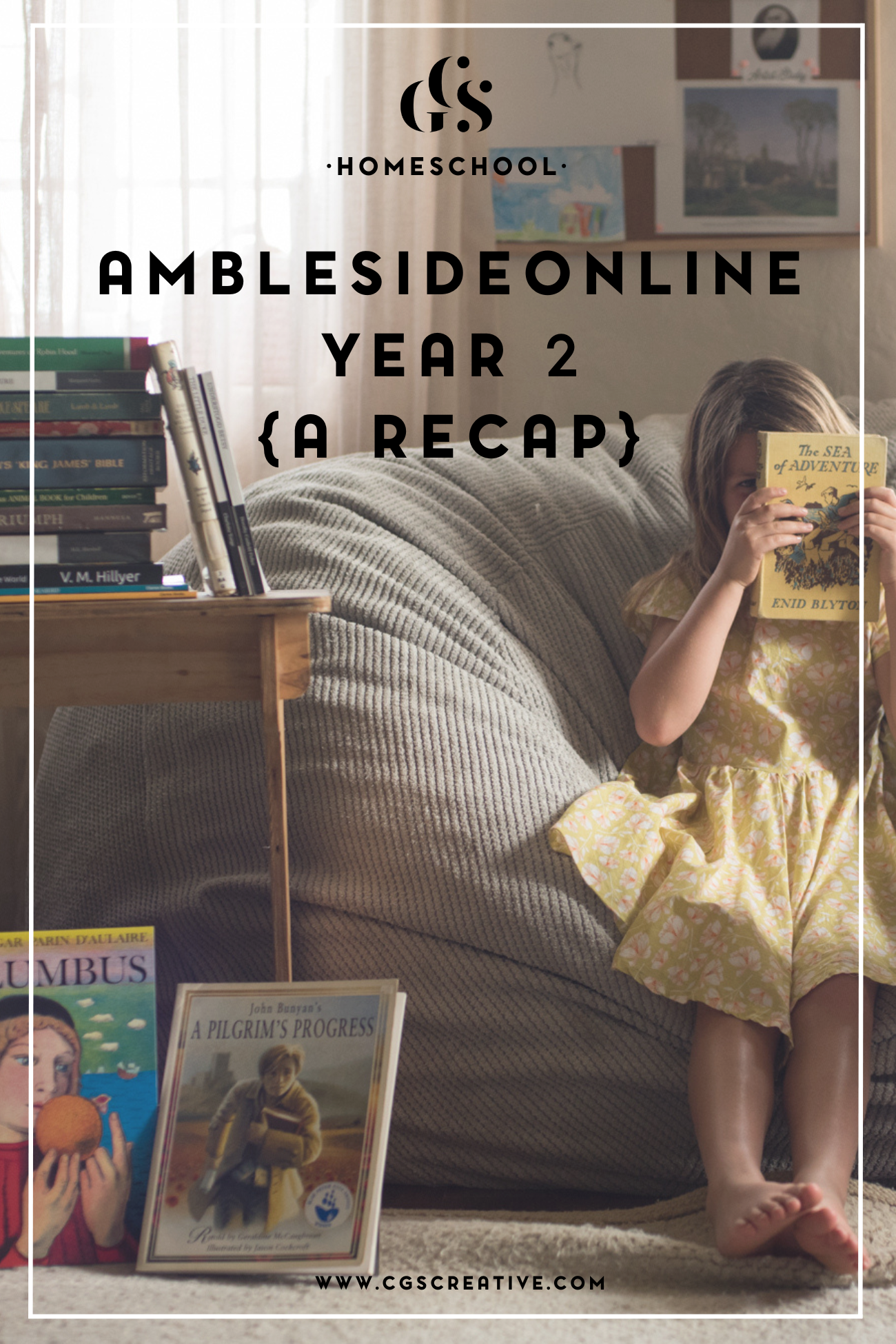#16Days2014 16 Days of Activism for No Violence against Women & Children
/November 25th marked the start of 16 days of Activism for No violence Against Women & Children in South Africa.
The 16 Days of Activism for No Violence Against Women and Children is an international awareness-raising campaign that takes place every year from 25 November (International Day for the Elimination of Violence Against Women) to 10 December (International Human Rights Day). The period includes Universal Children’s Day and World AIDS Day. South African Government
I am posting this today with the single aim of raising awareness for something that is on my heart. Human trafficking is another evil form of violence against women and children and something that we often feel we are completely unequipped to help do anything about. One thing that each of us is able to do is to raise awareness.
You can use Facebook to share this post, you can share inspiring images of women who have overcome violence on Pinterest. You can show those around you that you care enough to interrupt your Facebook feed of images of yourself and friends and show the world things that may be uncomfortable to see but that are happening around us all the time. The first step in making a difference is simply to be aware and make others aware of what is going on around us.
Source: Neha Rawat Battish / Via Facebook: shilosuleman
This year’s 16 Days of Activism for No Violence Against Women and Children Campaign (16 Days campaign) is important because it commemoratse a number of milestones. The year 2014 marks 60 years since the signing of the Women’s Charter on 17 April 1954 in Johannesburg; 20 years of freedom and democracy in South Africa and 16 years of the 16 Days of Activism Campaign. South African Government
Source: Abhishek Choudhury / Via Facebook: shilosuleman
South Africa adopted the campaign in 1998 as one of the intervention strategies towards creating a society free of violence. The campaign continues to raise awareness amongst South Africans about the negative impact of violence against women and children (VAW&C) on all members of the community. South African Government
Source: RedDot.de
What is violence against women and children?
Violence takes many forms, for example:
Physical violence in the form of domestic violence, terrible violent crime such as murder, robbery, rape and assault.
Emotional violence and trauma at many levels caused by many factors. Women and children in their homes, at work, at schools, on our streets, in our communities suffer this form of violence for various reasons.
Another terrible blight of our democracy is the violence of poverty, starvation, humiliation and degradation, especially against women and children. Poverty, inequality and unemployment are conditions under which violence thrives. South African Government
Here are a few ways that the South African government have outlined as ways to help during these days of Activism.
*Please note the numbers listed below are for South Africa.
What can you do?
- Support the campaign by wearing a white ribbon during the 16-day period: A white ribbon is a symbol of peace and symbolises the commitment of the wearer to never commit or condone violence against women and children.
- Participate in the various 16 Days of Activism events and activities: See the calendar outlining events taking place around the country over the period of the 16 days.
- Volunteer in support of NGOs and community groups who support abused women and children: Many organisations need assistance from the public. You can volunteer your time and make a contribution to the work of institutions. Help plant a garden at a shelter, sponsor plastic tables and chairs for kids at a clinic or join an organisation as a counsellor. Use your skills and knowledge to help the victims of abuse.
- Speak out against woman and child abuse.
- Encourage silent female victims to talk about abuse and ensure that they get help.
- Report child abuse to the police.
- Encourage children to report bully behaviour to school authorities.
- Men and boys are encouraged to talk about abuse and actively discourage abusive behaviour.
- Seek help if you are emotionally, physically or sexually abusive to your partner and/or children. Call the Stop Gender Based Violence helpline (0800 150 150).
- Talk to friends, relatives and colleagues to take a stand against abuse of women and children.
- Try and understand how your own attitudes and actions might perpetuate sexism and violence.
- Spread the message on social media using #16Days2014
- Join community policing forums (CPFs): The community and the local police stations are active partners in ensuring local safety and security. The goal is to bring about effective crime prevention by launching intelligence-driven crime-prevention projects in partnership with the local community.You may want to also become a reservist, a member of the community who volunteers his/her services and time to support local policing efforts to fight crime. For more information on how to join, contact your local police station. South African Government
Below I want to share the story of Leslie Morgan Steiner. Leslie was in “crazy love” — that is, madly in love with a man who routinely abused her and threatened her life. Steiner tells the dark story of her relationship, correcting misconceptions many people hold about victims of domestic violence, and explaining how we can all help break the silence.
Where to get help
- What if you are abused [PDF]
- Service contacts [PDF]
- SAPS Crime Stop
08600 10111 - Gender-Based Violence Command Centre
0800 428428/0800 GBV GBV - STOP Gender Violence Helpline
0800 150 150/ *120*7867# from any cell phone - Childline- Report child abuse
0800 055 555 - Elderly people helpline
0800 003 081 - Family and Marriage Society of South Africa – Advice on family relationships
011 975 7107 - Thuthuzela Care Centres-
012 8456136 - Suicide Crisis Line
0800 567 567 - Alcoholics Anonymous SA
0861 435 722 Substance Abuse Helpline 0800 121 314 - Narcotics Anonymous SA
0839 00 69 62 - Mental Health Information Line
0800 567 567 - AIDS Helpline
0800 012 322 / 011 725 6710 - National Anti-Corruption Hotline
0800 701 701 - Disaster Operations Centre
080 911 4357 - Crisis Line
0861 574747 - National Crisis Line- Counselling Service
086 132 2322 - Human Trafficking
08000 737 283 (08000 rescue) / 082 455 3664 - SASSA- Grants enquiries
0800 60 10 11 or CPS 0800 60 01 60 - SA National Council for Child Welfare
011 339 5741 - Legal Aid
0800 1110 110 - Presidential hotline - Unresolved service delivery complaints
17737 (1 PRES) - National Anti-corruption Forum
0800 701 701 - Cancer Association of South Africa
0800 22 66 22
- SAPS Crime Stop





























































































